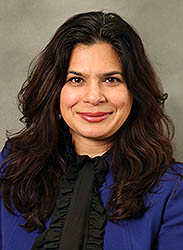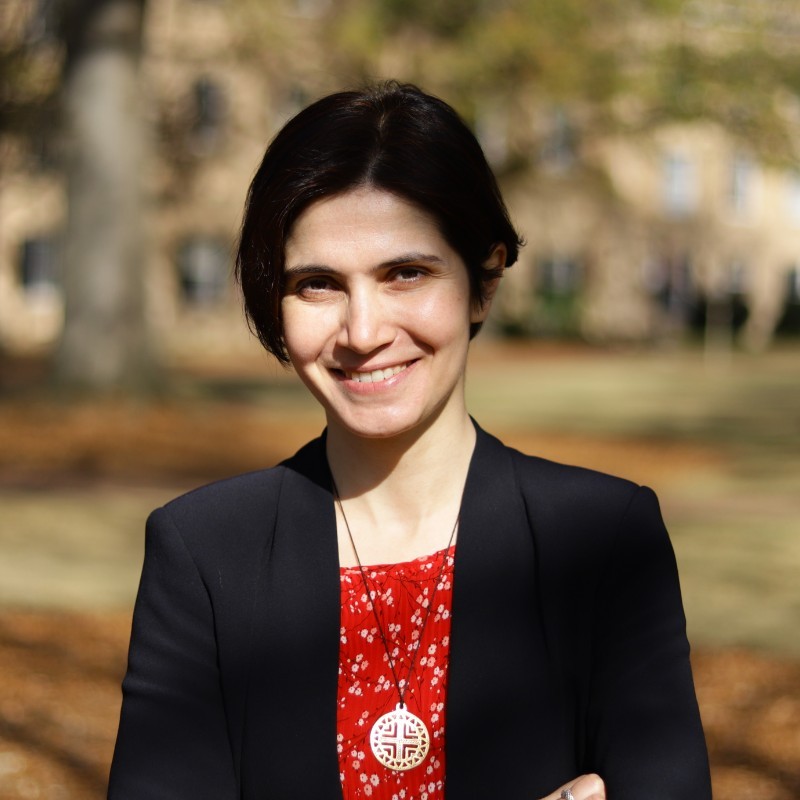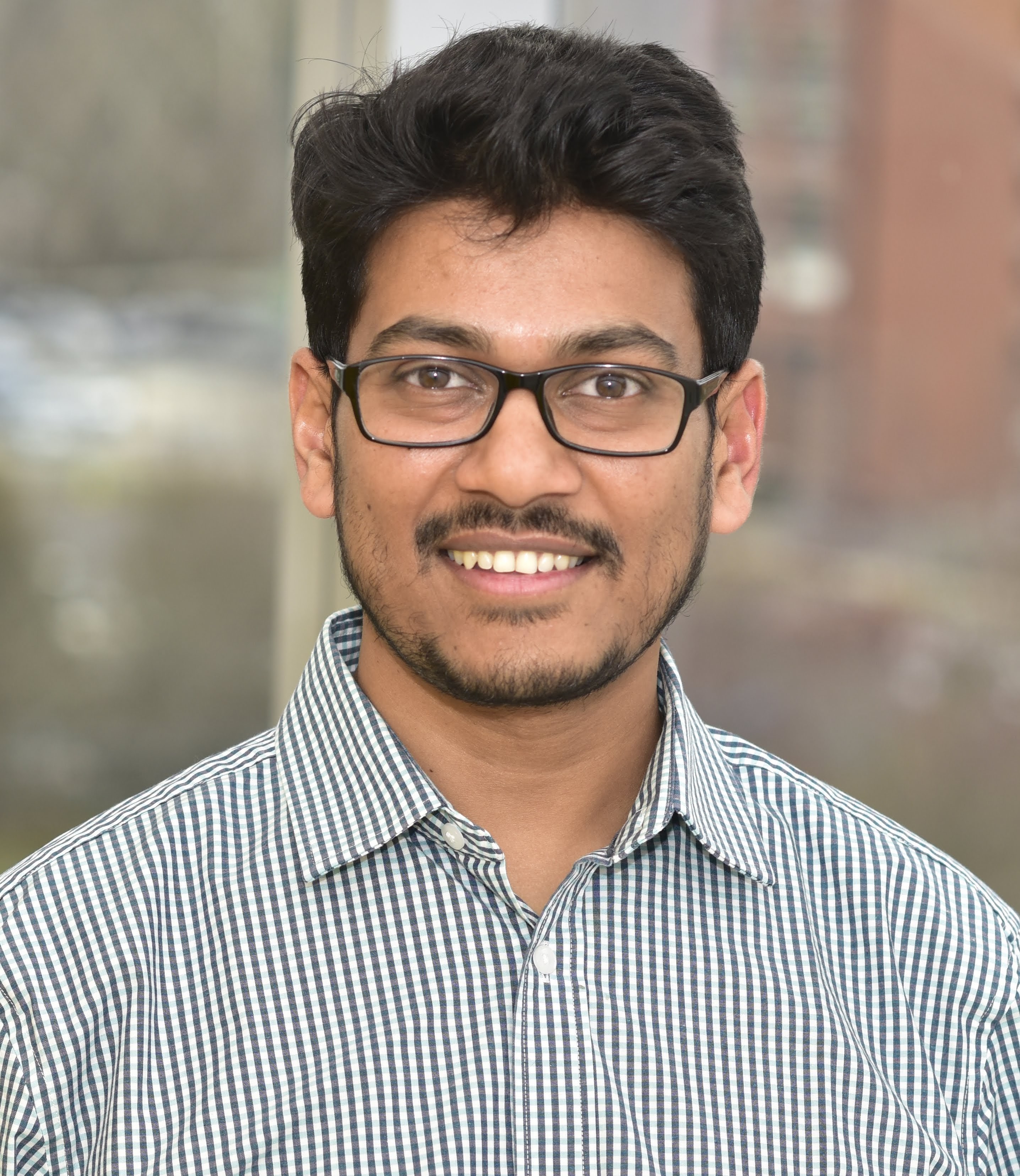Invited Speakers

Prof. Ronald C. Arkin
Georgia Tech

Dr. Dimitra Panagou
University of Michigan

Danilo Petrocelli
Maritime Robotics

Dr. Andreas Kolling
Amazon Robotics
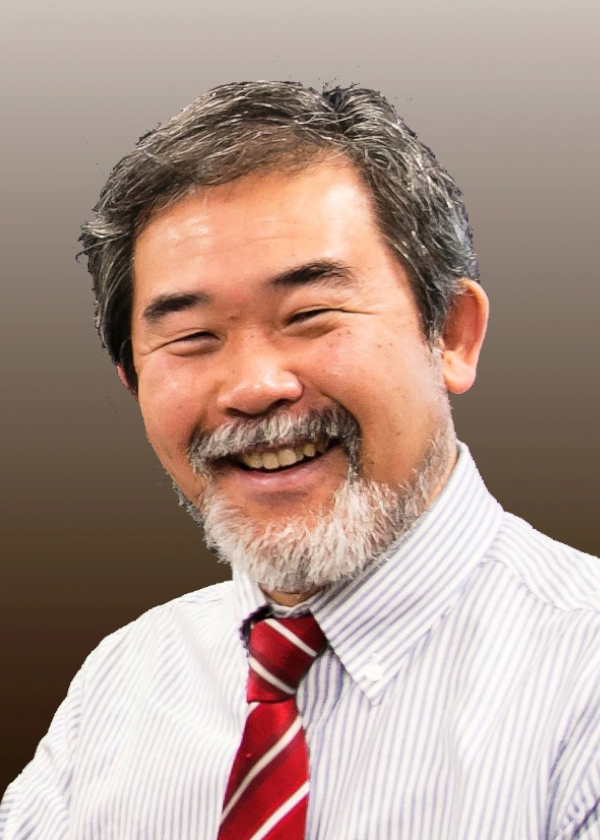
Prof. Kazuya Yoshida
Tohoku University
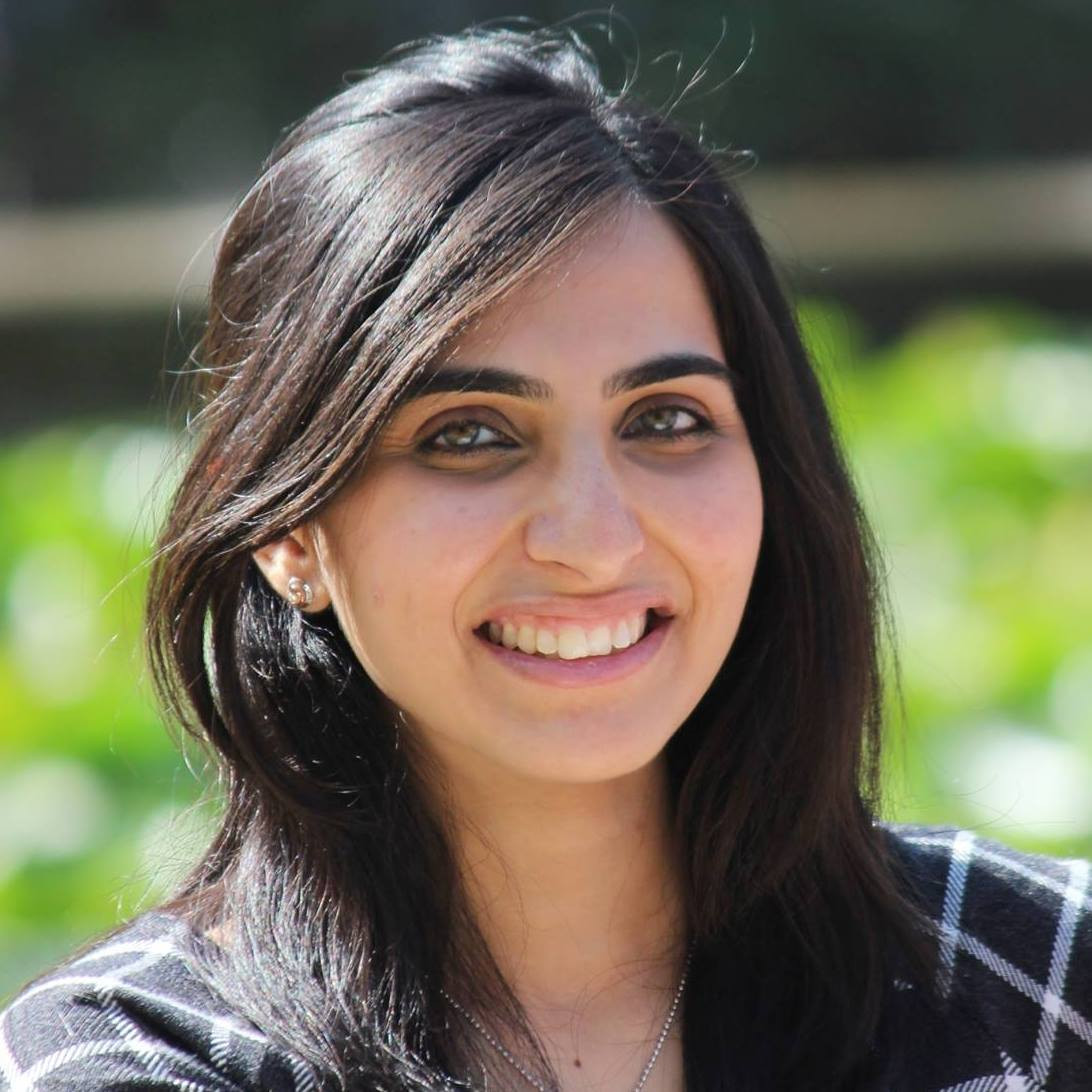
Dr. Malika Maghjani
Singapore University of Technology and Design

Dr. Nicola Bezzo
The University of Virgina
Call for Contributions
We invite participants to submit their research in IEEE Conference format (up to 4 pages including figures, excluding references). We encourage the submission of early ideas, late-breaking results, position papers, or open research questions that are likely to generate interesting discussions. Accepted papers will be presented in a poster session and selected papers as spotlight talks. All submitted contributions will go through a single blind review process.
Discussion Topics
The specific goals of the workshop will be to discuss ideas around following topics:
- What are the theoretical foundations of heterogenous multi-robot systems (HMRS);
- What is the state of learning in HMRS;
- How can HMRS be deployed in large scale operations;
- What is the state of art in academia and in industry.
Submission
Submissions in PDF accepted at: https://cmt3.research.microsoft.com/icrahmrs2023
IEEE Conference Submission Template: http://ras.papercept.net/conferences/support/support.php
For any questions please constact: icra2023hmrs@gmail.com
Important Dates
- Submission deadline:
March 24, 2023Extended April 15, 2023 (Anywhere on Earth). - Notification of acceptance (rolling basis): April 20, 2023.
- Camera Ready Submission: May 1, 2023.
- Workshop day: May 29, 2023.
Chairing Committee
Schedule
In-person Venue: South Gallery Room 17, ExCeL London, UK
Remote Participation Link: Zoom link
| Time | Event |
|---|---|
| 9:00 | Opening Remarks |
| 9:10 | Invited Talk - Prof. Ronald C. Arkin (Georgia Tech) |
| 10:00 | Invited Talk Dr. Malika Maghjani (Singapore University of Technology and Design) |
| 10:35 | Coffee break + poster session |
| 11:20 | Invited Talk - Dr. Andreas Kolling Amazon Robotics |
| 11:55 | Invited Talk - Danilo Petrocelli (Maritime Robotics) |
| 12:30 | Lunch Break |
| 13:30 | Invited Talk - Prof. Kazuya Yoshida (Tohoku University) |
| 14:05 | Invited Talk - Dr. Dimitra Panagou (University of Michigan) |
| 14:40 | Selected Contributed presentation |
| 15:30 | Coffee break + poster session |
| 16:25 | Invited Talk - Dr. Nicola Bezzo (The University of Virginia) |
| 17:00 | Panel Discussion + closing remarks |

